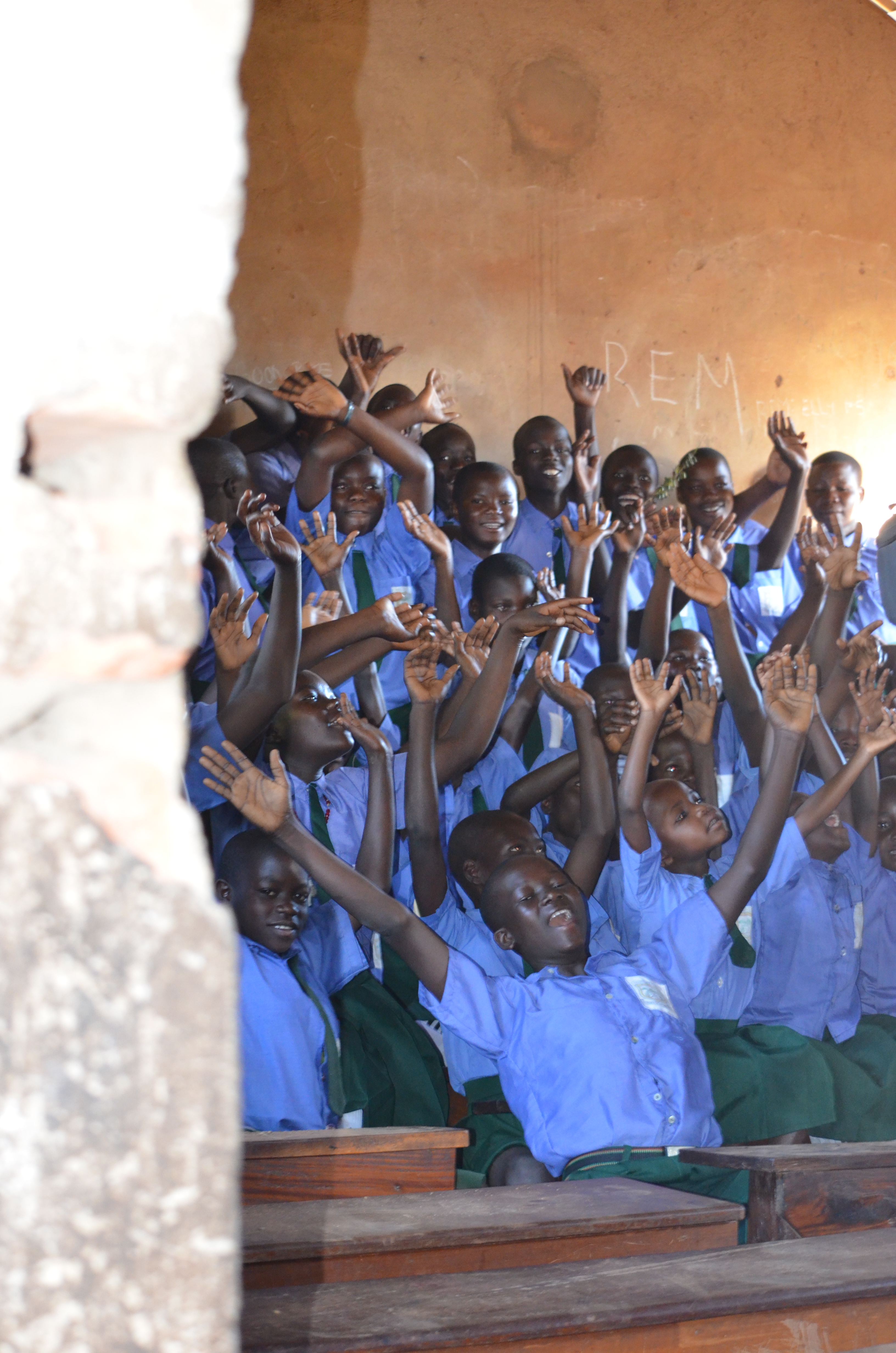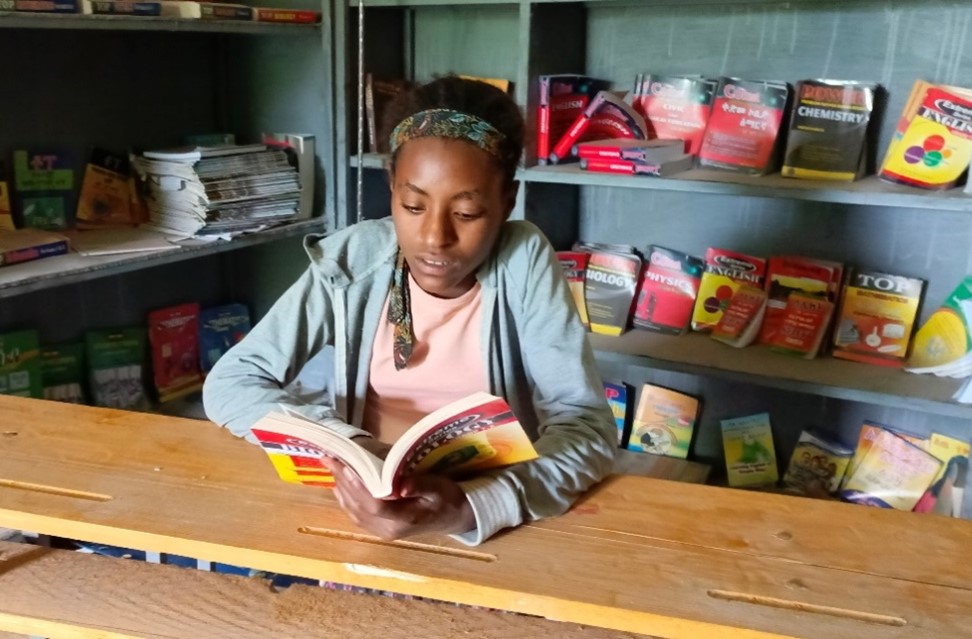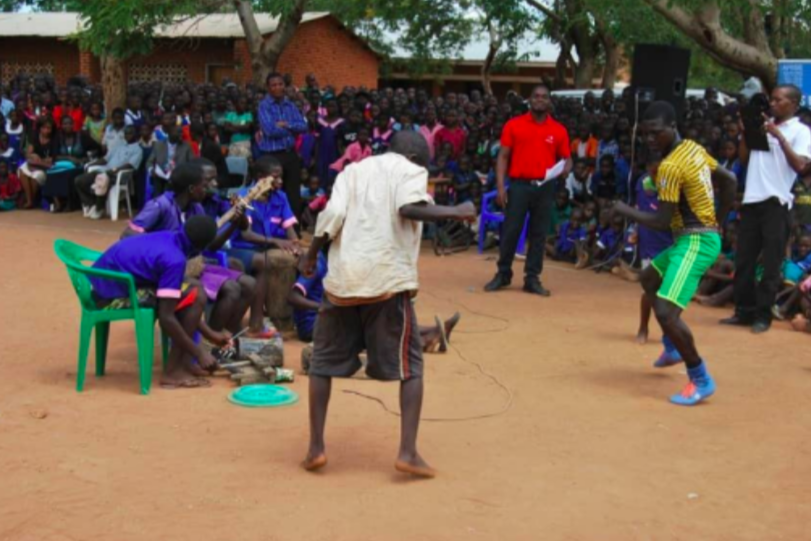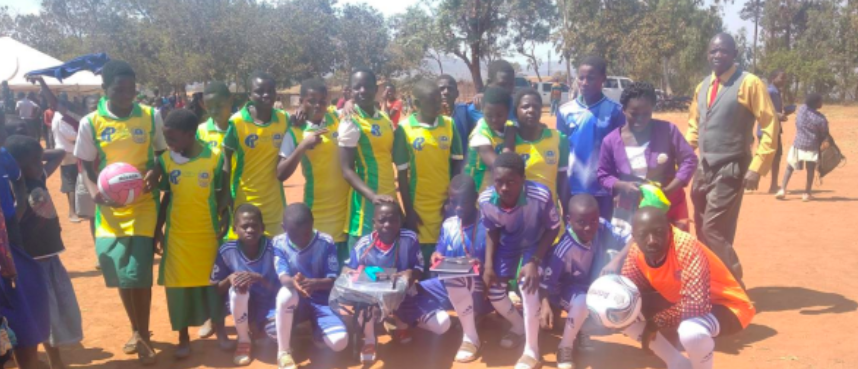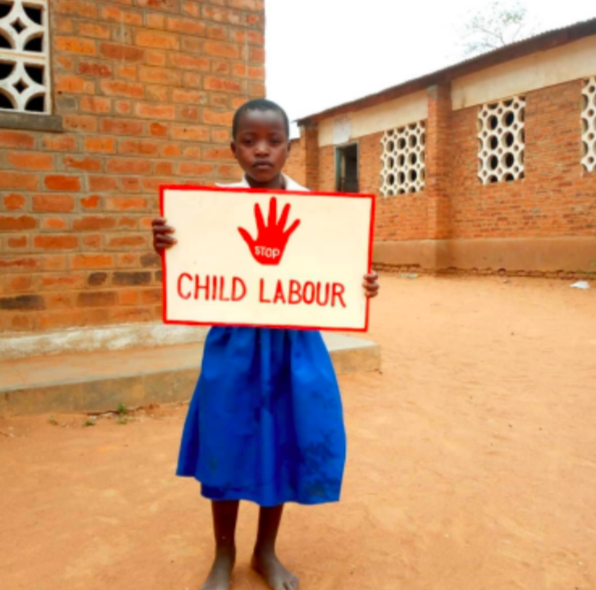During the last three years, for the ‘Out of Work into School’ programme, Stop Child Labour together with local partners, have succeeded in taking more than 20.000 children out of work and into (or back to) school, and ensuring they stay there. This is stated in the final report that Stop Child Labour has handed over to the Ministry of Foreign Affairs, who has funded this programme from May 2014 – April 2017.
There are more great achievements to highlight; in our partner countries India, Turkey, Zimbabwe, Uganda, Mali and Nicaragua, a total of 87 child labour free zones have been established, and 137 schools and their teachers were involved in activities to improve schools and to make it more appealing for children to go to school. In these labour free zones, 92 percent of the children now go to school, 20 percent more than when the programme began.
Besides the achieved outcomes of the project to take these children out of work and into school, there are also positive effects for adults and young (legal) workers. In some cases, thanks to the lobby towards local companies, their working conditions and salaries have improved. Also, families generate more income as they are setting up savings groups and investments into alternative activities. Furthermore, we see changes in families and the communities, in which child abuse, child marriage and teenage pregnancies are no longer accepted since education is now prioritised.
Also in the Netherlands and on the international level, there have been some important achievements. Policy influencing and cooperation with companies and CSR (Corporate Social Responsibility) initiatives have led to more support and concrete improvements in tackling child labour in production chains of companies. Special attention has been brought to the sectors of natural stone, gold, coffee, clothing, shoes/leather, hazelnuts and seeds.

